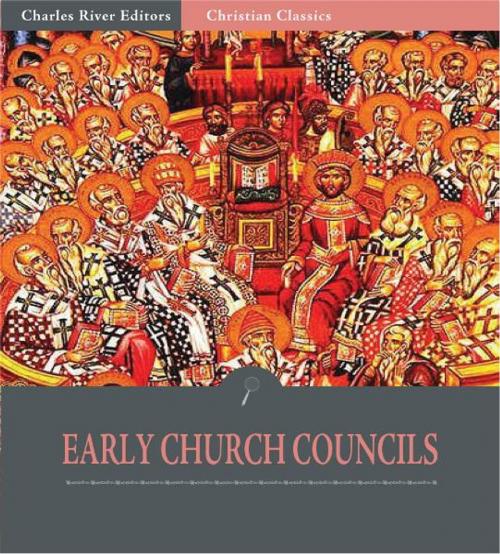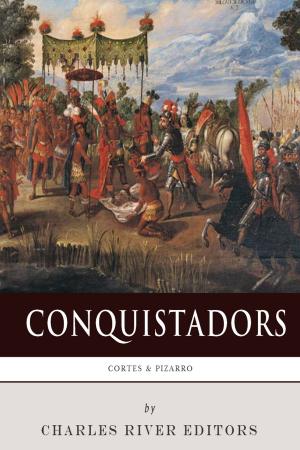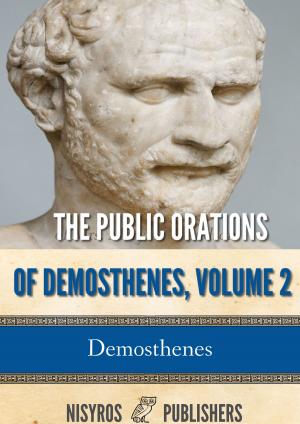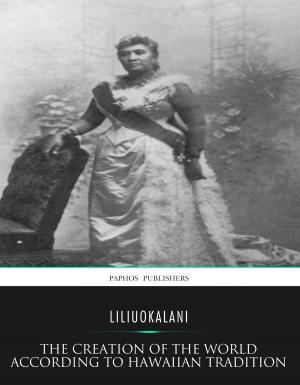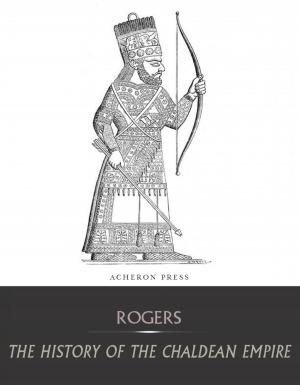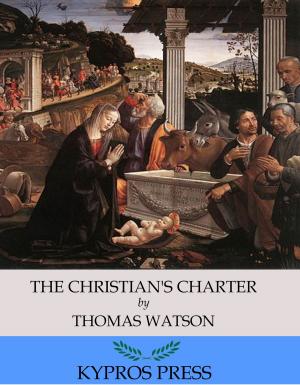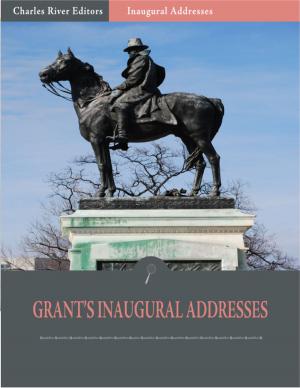The Early Ecunemical Church Councils, 325 451 A.D.
Nonfiction, Religion & Spirituality, Christianity, Church, Church History| Author: | Anonymous | ISBN: | 9781619820449 |
| Publisher: | Charles River Editors | Publication: | January 13, 2012 |
| Imprint: | Language: | English |
| Author: | Anonymous |
| ISBN: | 9781619820449 |
| Publisher: | Charles River Editors |
| Publication: | January 13, 2012 |
| Imprint: | |
| Language: | English |
An ecumenical council (or oecumenical council; also general council) is a conference of the bishops of the whole Christian Church convened to discuss and settle matters of Church doctrine and practice. The word derives from the Greek language "οκουμένη", which literally means "the inhabited world", which first referred to the Roman Empire and later was extended to apply to the world in general. Due to schisms, the acceptance of these councils varies widely between different branches of Christianity. Those churches that parted ways with the others over christological matters accept the councils prior to their separation; the Church of the East (Nestorian) accepts as ecumenical only the first two, the Oriental Orthodoxy Churches the first three. From the 4th to the 9th century, seven councils recognized as ecumenical by both the Roman Catholic Church and the Eastern Orthodox Church were held, before the East-West Schism divided them. The Eastern Orthodox Church has not generally accepted any later council or synod as ecumenical, but the Roman Catholic Church continues to hold general councils of the bishops in full communion with the Pope, reckoning them as ecumenical, twenty-one to date. Anglicans and confessional Protestants, accept either the first seven or the first four as Ecumenical councils. This edition includes the documents of the four early church councils, including those at Nicea, Constantinople, Ephesus and Chalcedon in the 4th and 5th centuries A.D. It is specially formatted with a Table of Contents and illustrations depicting the councils.
An ecumenical council (or oecumenical council; also general council) is a conference of the bishops of the whole Christian Church convened to discuss and settle matters of Church doctrine and practice. The word derives from the Greek language "οκουμένη", which literally means "the inhabited world", which first referred to the Roman Empire and later was extended to apply to the world in general. Due to schisms, the acceptance of these councils varies widely between different branches of Christianity. Those churches that parted ways with the others over christological matters accept the councils prior to their separation; the Church of the East (Nestorian) accepts as ecumenical only the first two, the Oriental Orthodoxy Churches the first three. From the 4th to the 9th century, seven councils recognized as ecumenical by both the Roman Catholic Church and the Eastern Orthodox Church were held, before the East-West Schism divided them. The Eastern Orthodox Church has not generally accepted any later council or synod as ecumenical, but the Roman Catholic Church continues to hold general councils of the bishops in full communion with the Pope, reckoning them as ecumenical, twenty-one to date. Anglicans and confessional Protestants, accept either the first seven or the first four as Ecumenical councils. This edition includes the documents of the four early church councils, including those at Nicea, Constantinople, Ephesus and Chalcedon in the 4th and 5th centuries A.D. It is specially formatted with a Table of Contents and illustrations depicting the councils.
